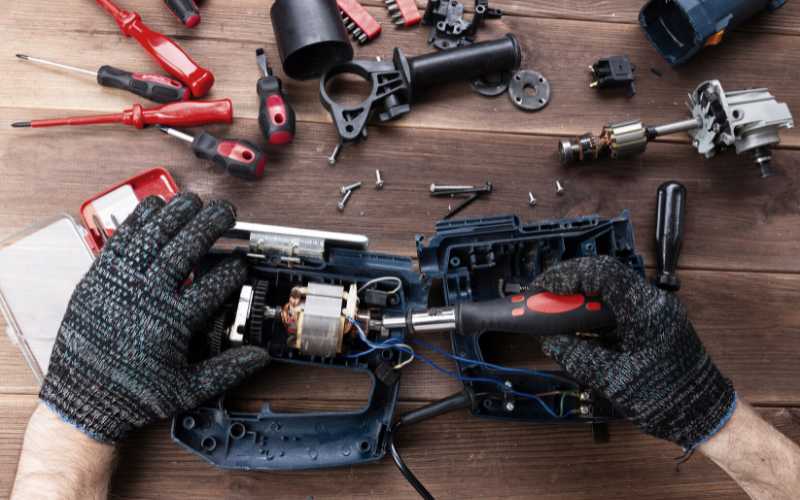I was discussing reconditioned or refurbished tools with a colleague the other day because he has a considerable collection of these tools which he believes have saved him a lot of money when you consider the actual worth or price of those tools.
Although I don’t get involved a lot when it comes to buying reconditioned tools, I’ve had a few good experiences as well, and I only get involved when the deal on offer is mouthwatering.
When it comes to buying tools or anything at all, I usually prefer them in new condition. It’s just my personal preference when it comes to acquiring anything.
If you listen to my colleague, and act on his advice, you wouldn’t hesitate when it comes to getting one for yourself, and who wouldn’t want to get the same tool for a good discount price?
But before you dive headfirst into the habit of buying reconditioned tools, it’s important you know the ropes first and know what to expect, so that you don’t make decisions that you later regret.
Table of Contents
What is a Refurbished Tool?
When you buy a new tool and for some reason you decide to return it to the retailer or manufacturer, the tool is not thrown away.
Whatever defect it has is corrected by the manufacturer. Any part that needs to be replaced is replaced, the tool is cleaned, it’s inspected again by factory technicians / engineers and it passes through a series of quality checks to certify that it’s working properly as it’s supposed to.
Finally, it’s marked and repackaged again, this time not as a new tool, but as a reconditioned or refurbished tool.
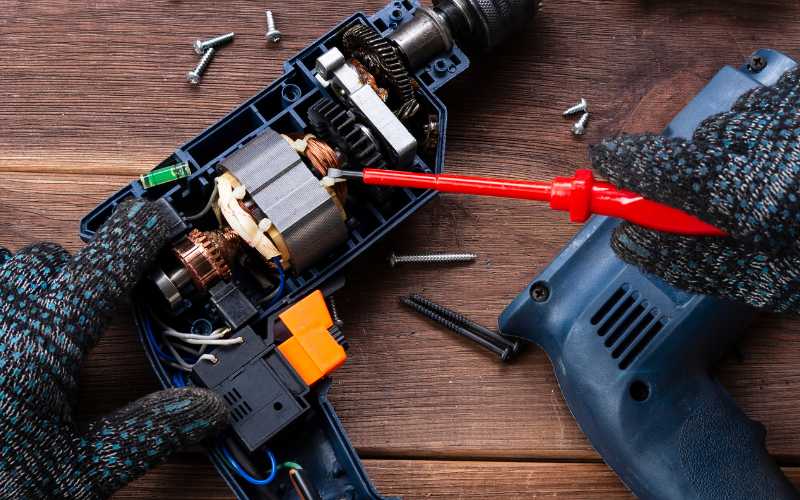
This kind of tool is a reconditioned or refurbished tool.
Tools are returned for so many reasons. Some are minor while others are major. Depending on the condition that you want your new tool to be when it arrives, you might decide to return a miter saw you bought brand new if the laser marker it comes with is not working.
Another user might decide to keep it if he deems the malfunctioning laser marker as insignificant.
If you return the miter saw because of the malfunctioning laser marker, the manufacturer can replace the defective laser marker, inspect the tool again and repackages it as a reconditioned tool at a very good discount price.
Buying a refurbished tool like this is almost equivalent to buying a new one, because this tool was never used, but got returned because of a defective laser marker. Every other thing is working perfectly.
Other refurbished tools might not be in the same condition. They might have seen a lot of use and abuse in the jobsite and got returned after failing before the warranty period was over.
That is why you need to be careful when buying refurbished tools. You don’t know what you might end up with. You might end up buying an almost new tool as a refurbished tool or you might end up buying an overused tool as a refurbished tool.
The question now is, how do you decide to buy a tool if it’s refurbished or reconditioned?
5 Important Questions To Answer Before Buying Any Refurbished Tool
Before buying any refurbished tool, you need to answer these questions first. Answering them honestly and correctly will make it almost impossible for you to regret any reconditioned tool buying decision you’ll ever make now or in the future.
It’s going to allow you to access any reconditioned tool like an expert and plug any leaking holes that might make you regret buying that tool.
The first question is:
1. Who Refurbished The Tool And How Is The Refurbishing Process Like?
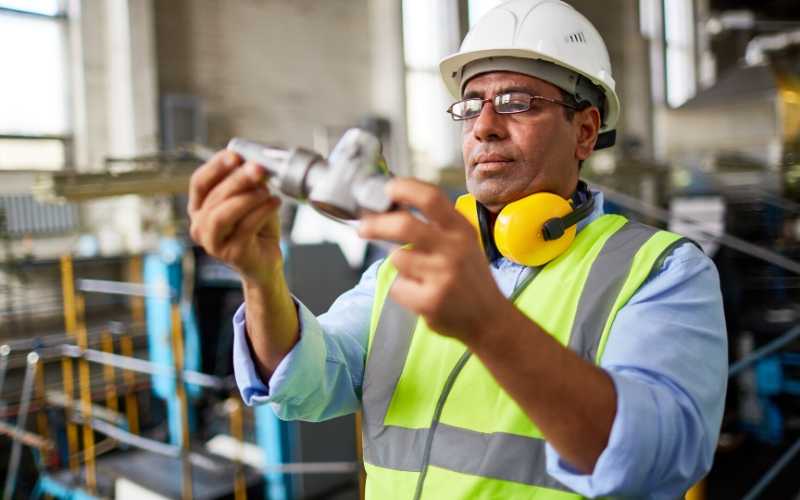
Seriously, who refurbished the tool you’re trying to buy? Is it the manufacturer or some unknown tool center?
There’s going to be a huge difference between a defective tool refurbished by the manufacturer and a defective tool refurbished by a no-name tool center.
A tool marked as Certified Factory Reconditioned by the manufacturer has undergone complete inspection by trained factory technicians, who have replaced and installed all defective parts.
It has undergone a series of quality checks to guarantee that the tool is in perfect working condition before you get it.
At the end of the day, you get a tool that will look and function just like the brand new one, and have all necessary accessories such as batteries and chargers with it in case it’s a cordless tool.
If the reconditioning center is unknown to you, it’ll be difficult to guarantee the quality and operation of the tool and thus would be unwise to buy it in the first place.
2. Why Was The Tool Refurbished?
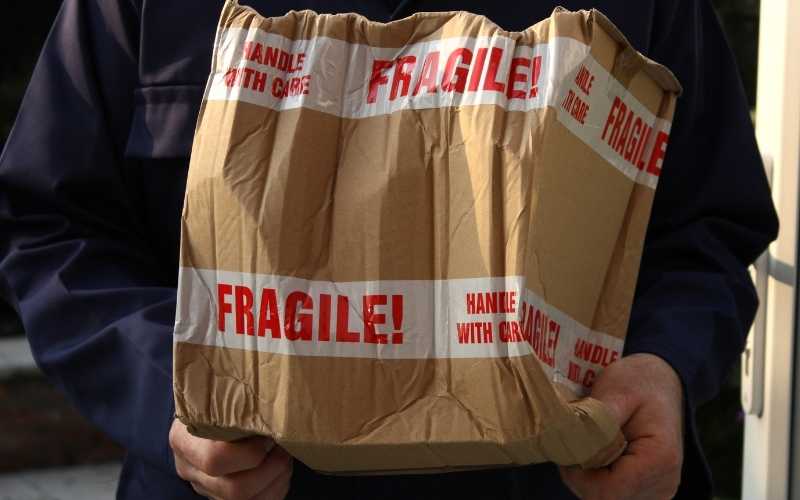
Getting an answer to this question will not be easy, but you’ll have the answer if you ask the right people.
Just like the first question before this one, it depends on where or who you’re buying the refurbished tool from.
If you’re buying directly from the manufacturer’s store, then you can ask them why it was refurbished, and they’ll tell you.
You’ll have a chance to know a lot about how that tool was used and what condition it’s currently in before you buy it.
If you’re buying online, then you have to make sure you’re buying from an authorized dealer online or even the manufacturer’s online store, so you can ask them this question and guarantee the condition of the tool.
Online marketplaces like Amazon allows you to deal with the Manufacturers of the reconditioned tools themselves, and have a system directly built into their online stores that allow you to ask the manufacturers or sellers questions about their products.
So, always feel free to ask and make sure what you’re buying is the real deal.
3. Can You Return It?

If you buy something you’re not happy with, you should be able to return it. Reconditioned tools are no exception to this.
After buying the tool, if you still find a flaw in it you’re not happy with, then you should be able to send it back and get it replaced or get your money back.
So, make sure you know the return policy of that reconditioned tool you’re trying to purchase. I believe there’s something fishy about it if it says you can’t return it, and that’s a sign that you should head for the hills.
4. What’s The Warranty Like?
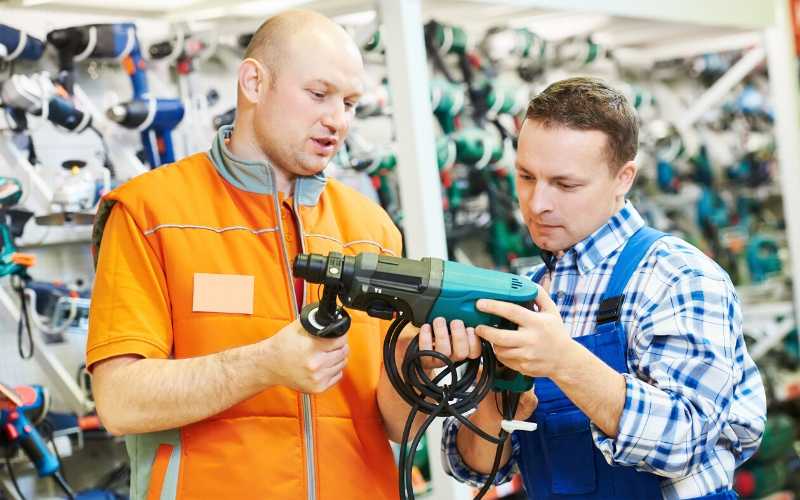
Unless you have other intentions of buying the tool like maybe scraping for parts or something, if there’s no warranty, forget it.
If the manufacturer puts so much trust in their reconditioning process, they’d give you a good warranty for that tool, in most cases even identical to that of a new tool.
If they can’t give you a warranty, then then they don’t trust that the tool would hold up, and you shouldn’t risk that.
It’s not worth buying a refurbished tool if it’s going to work now and break later. You should get a minimum warranty of 6 months if you’re buying a refurbished tool.
So that for whatever valid reason, if it breaks down 2 days, a week or 2 months after you bought it, you can get it fixed or replaced.
So, does the reconditioned tool you’re trying to buy right now have a good warranty period? Does the manufacturer trust their reconditioning process?
5. How Much Discount Are You Getting?
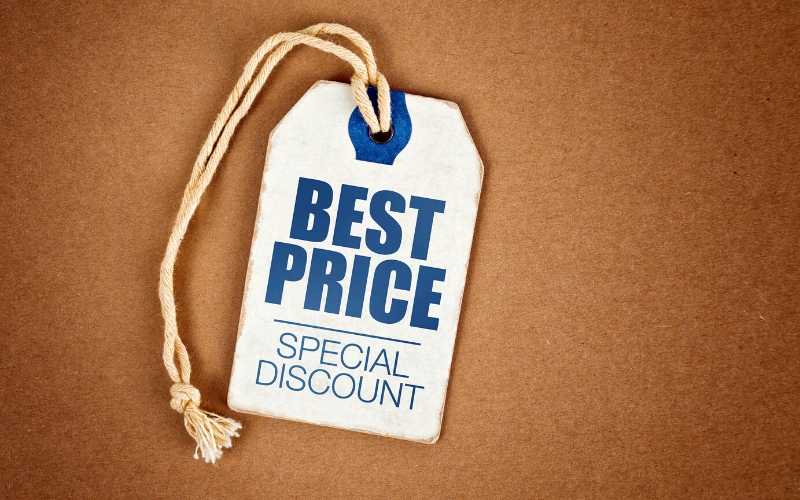
Aren’t you better off buying a new tool if you’re only getting a 10% discount for the reconditioned one? I don’t know about you, but I believe if I’m not getting a sizeable price discount on the refurbished tool, then I’m better off buying a new one.
It totally depends on you, but the more discount you’re offered the better off you are.
Conclusion
Some people buy them, some don’t buy at all. Personally, I don’t see anything wrong in buying reconditioned tools provided you’ve asked the right questions and answered them honestly.
It’s totally up to you, but the next time you find a refurbished tool you need, if the price is good, then I think it’s okay for you to go for it.
I do at times, and wouldn’t discourage anyone from taking advantage of a good deal. What is your opinion? Have you bought any reconditioned tool before? If so, please share your experience. How did it go?

